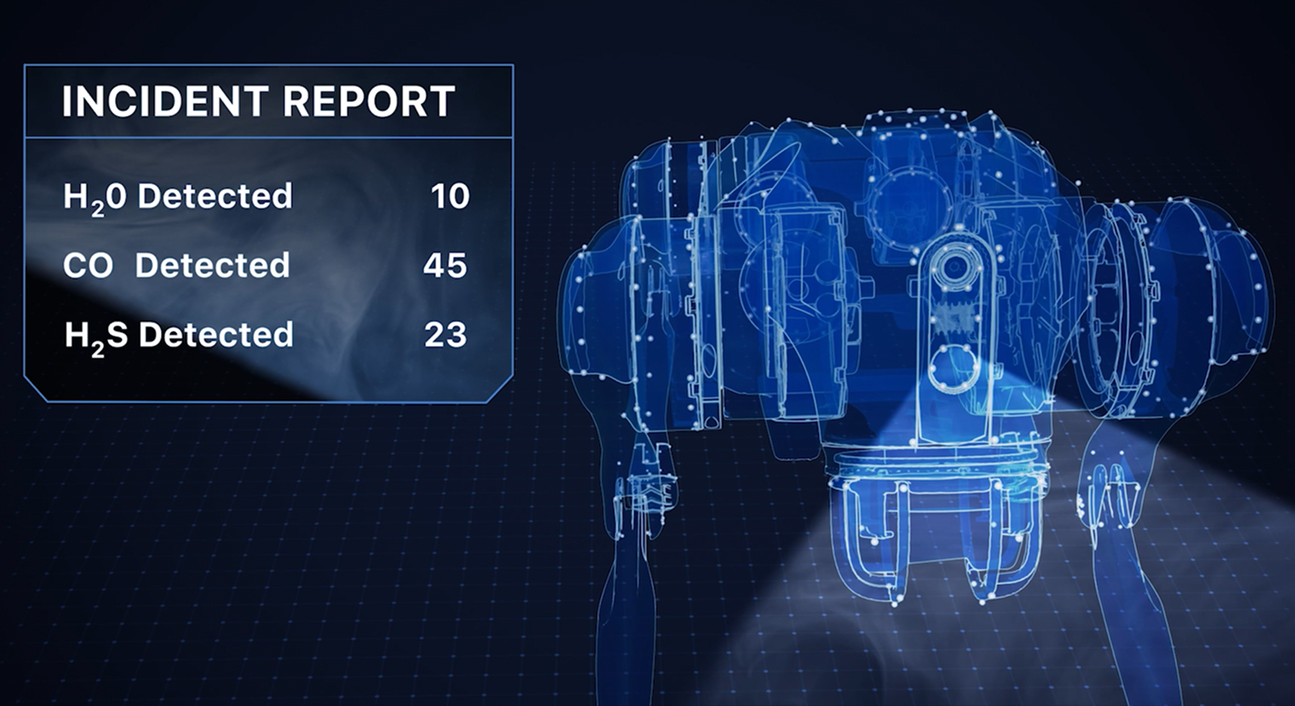Guizani brings wealth of experience to MBZUAI
Thursday, January 20, 2022

MBZUAI is pleased to announce the appointment of Professor Mohsen Guizani as Associate Provost for Faculty Affairs and Institutional Advancement.
Guizani has more than 30 years of experience in academia as a professor, administrator, and chair of three different departments in the United States (Electrical and Computer Engineering at the University of Idaho, Computer Science at the University of Western Michigan, and Computer Science at the University of West Florida).
“Guizani brings a wealth of experience to MBZUAI as an administrator in the USA and the Middle East as well as being a highly cited researcher and journal editor,” MBZUAI President, Professor Eric Xing, said.
“We are very lucky to have him onboard in this important dual role, which will see him recruiting, training, and guiding faculty in writing research papers and grants, as well as helping the university achieve its first rankings. He joins MBZUAI from Qatar University where he was the Founding Associate Vice President for Graduate Studies. We believe he is the perfect fit to lead our faculty and our university in advancing its status among our peers worldwide.”
“Guizani will be of great support to the Provost’s office and the university as a whole in matters of faculty affairs and institutional advancement, and I am very glad to have him with us,” MBZUAI Provost, Professor Fakhri Karray, said.
“Joining a team of distinguished colleagues such as Professor Eric Xing and Professor Fakhri Karray is such a great opportunity for me to contribute to this fast-rising institution,” Guizani said.
Guizani is a highly experienced educator and researcher in the field of applied machine learning and artificial intelligence, Internet of Things (IoT), intelligent systems, smart city, and cybersecurity. He received many honors and multiple awards for his research and teaching and more than $30 million (USD) of research grants as a Principal Investigator (PI) and Co-principal Investigator (Co-PI).
He has published extensively in high-impact journals and conferences. He has authored or co-authored 10 books and more than 800 technical papers in top journals and conferences and has been granted more than 10 US patents.
Research and rankings focus
Guizani said he will continue to undertake some teaching and his passion, research, alongside his role as the associate provost.
“My role deals with the faculty policies, promotion, tenure and annual reviews, hiring, ranking of the university, being able to advise the faculty to publish in higher quartile journals and attend conferences,” he said.
“I’ll work with junior faculty on how to get grants and train them through workshops on how to write research papers. There are many opportunities for our faculty and for us to secure good research grants that will contribute to the ranking and improvement of the university. It will also contribute to making our name known and heard in the region, and hopefully we can compete with highly ranked institutions worldwide,” Guizani said.
“The university is starting to become known and has already been able to attract some well-known faculty. Attracting a renowned scholar like Adjunct Professor Michael Jordan from Berkeley is phenomenal. So even though we are young, we are securing the best talent. We have hit the ground running and have a good plan to attract very good people in the future,” he continued.
“I’ve been lucky enough to have many of my graduate students go on to become vice presidents and deans of universities in North America and the Middle East. I keep in touch with them and continue to build collaborations with international research groups from around the world. Over the years, I developed a passion for administration as I like to help people and work with them, which grew from my love of supervising students.”
Smart cities and Masdar City
The location of MBZUAI—Masdar City—as a smart city was highly attractive to Guizani, who is teaching a course on smart city services and applications in his first semester. Guizani said it is real-life and tangible experiences like campus life in a smart city that makes MBZUAI and the United Arab Emirates so unique.
“I wanted to teach the first semester so that I get to know the quality of our students, ” he explained. “This course is multidisciplinary because in a smart city, you talk about healthcare, transportation, energy, Internet of Things (IoT), and how to improve everything in a city to become smart.”
“Each of these topics can be courses by themselves. The aim is to make our students aware of the challenges out there in intelligent environments, intelligent systems, or smart city because it’s not one size fits all. There are many challenges and to be able to design and develop a smart city, one needs to understand all the related challenges,” he continued.
“I’ve heard about Masdar City for many years now having been in the region. It’s built on running on green and renewable energy as well as smart buildings. It may be about a third complete now but to see the whole city completed will be amazing.”
Awards and fellowships
Guizani’s research awards include the 2015 IEEE Communications Society Best Transaction Paper Award, and four Best Paper Awards from top conferences such as IEEE, ICC, and IEEE Globecom. He is also the recipient of the 2017 IEEE Communications Society Wireless Technical Committee (WTC) Recognition Award, the 2018 Ad-Hoc Technical Committee Recognition Award, and the 2019 IEEE Communications and Information Security Technical Recognition (CISTC) Award.
Guizani was elevated to an IEEE Fellow in 2009 for his contribution to “quality of service in broadband and ad hoc wireless networks.” He was also listed as a Clarivate Analytics Highly Cited Researcher in Computer Science in 2019, 2020 and 2021.
Guizani is a Senior Technical Editor of the IEEE Network, and an Advisory Board Editor of the IEEE Internet of Things Journal, and he is also an IEEE Communication Society Distinguished Lecturer. Guizani is the founder of the IEEE International Conference of Wireless Communications and Mobile Computing (IWCMC), the founder of WISE (a non-profit organization for education), and he has established three new international journals.
- university ,
- research ,
- provost ,
- guizani ,
- internet of things ,
- telecom ,
- smart cities ,
- rankings ,
Related
Intelligent, sovereign, explainable energy decisions: powered by open-source AI reasoning
As energy pressures mount, MBZUAI’s K2 Think platform offers a potential breakthrough in decision-making clarity.
- case study ,
- ADIPEC ,
- K2 Think ,
- IFM ,
- reasoning ,
- llm ,
- energy ,
- innovation ,
- research ,
Cooling more people with fewer emissions: intelligent, efficient cooling with AI and ice batteries
MBZUAI's Martin Takáč is leading research to develop an AI-driven energy management system that optimizes the use.....
- energy ,
- cooling ,
- solar ,
- ADIPEC ,
- sustainability ,
- innovation ,
- research ,
Faster, safer and smarter inspection: AI-powered robotics for industrial safety
MBZUAI's autonomous robotic system, LAIKA, is designed to enter and analyze complex industrial environments – reducing the.....
- research ,
- autonomous ,
- case study ,
- innovation ,
- infrastructure ,
- energy ,
- industry ,
- robotics ,


